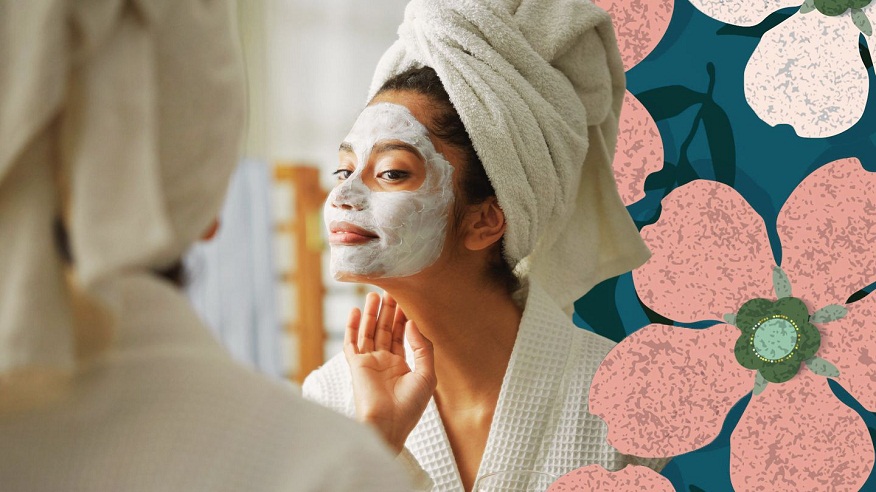The Connection Between Skin Health And Mental Health

Welcome to this exploration of an unexpected partnership. Imagine a world where your mood swings and stress levels are visibly etched on your skin. Picture yourself trying to wrestle with a persistent rash named Picayune dermatitis. We’re about to uncover the intricate ties between the health of your skin and your mental wellbeing. An unseen connection, a silent conversation between your mind and skin. Too often overlooked, but always telling a powerful story. Now, let’s dive into this fascinating correlation.
The Mind-Skin Connection
Our skin reacts to our emotions. Think about the last time you were stressed. Did you notice a breakout? Or maybe your skin became itchy, dry, or just generally upset. This is your skin responding to the chemicals your brain releases when you’re under pressure. The mind and skin are more linked than we often realize.
Picayune Dermatitis – A Case Study
Let’s consider the case of Picayune dermatitis. This skin condition is an example of how mental states like stress or anxiety can trigger skin issues. It’s not just a rash. It’s a signal from your body that something’s not right in your mind. It’s a red, itchy reminder that you need a break.
The Science Behind the Connection
Stress increases the production of hormones like cortisol. Cortisol tells your sebaceous glands to produce more oil. Excess oil leads to acne, other skin problems, and yes, Picayune dermatitis. The cycle is clear. Your mind feels the pressure, your skin shows the signs.
Breaking the Cycle
So, how do we break this cycle? It’s about taking care of your mind and your skin at the same time. Here are a few starting points:
- Find ways to reduce stress. This might be through meditation, exercise, or even taking a long, warm bath.
- Take care of your skin. Cleanse, moisturize, and protect it. Use products that are gentle and suited to your skin type.
- Seek professional help. If your skin issues persist, consider seeing a dermatologist. For persistent stress or anxiety, a mental health professional can provide guidance.
Final Thoughts
Our skin is more than just a barrier. It’s a responsive, living part of us that reflects our internal state. Our skin tells a story. It’s time we listen. It’s time we respect the deep connection between our skin health and our mental health.








